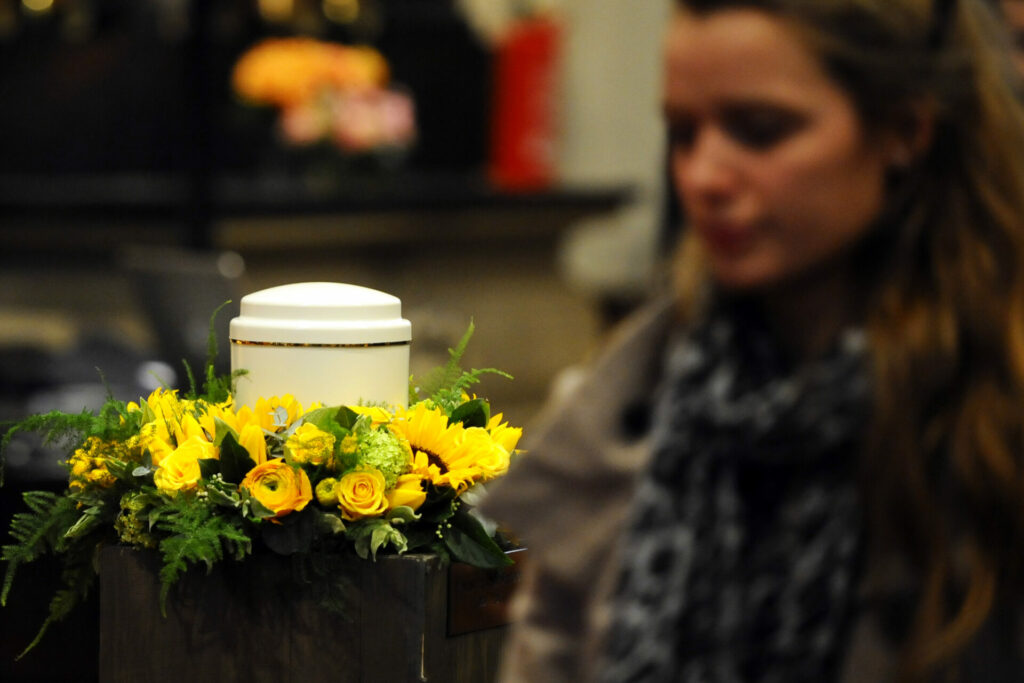The rate of people choosing cremation after their death continues to rise in Flanders. Of the 67,516 deaths in Flanders last year, there were 51,083 cremations (75.7%). However, the sector is now advocating a potentially more ecological alternative: water cremation.
The share of cremations is increasing year after year. In 2013, it was only 63.3%, while in 2022, nearly all Flemish crematoria saw an increase in the number of cremations, according to figures requested by Flemish MP Katrien Schryvers.
However, Schryvers noted that people might have another option outside of cremation or burial, which may prove to have a lower environmental impact: resomation, also known as water cremation. "If its environmental impact is less than cremation (which is still being investigated), it could influence many people's choice about how they want to be treated after death."
In Belgium, there has been a demand for years for an alternative to burial or cremation. One such alternative which has been gaining popularity is being buried in a material shroud instead of a coffin. The industry is now also looking to make resomation more known, De Standaard reports.
In resomation, the body is placed in a steel vessel (water cremator) which contains water and a small amount of alkali-based solution. It is then dissolved until, as with cremation, the bones remain which can be ground into ashes to be given away in an urn.
Water cremation has a much lighter effect on the environment. In 2014, a Dutch study indicated that cremation by fire accounts for 208 kilograms of CO2 emissions, double that of a traditional burial which emits 98. While resomation requires the liquid to be heated to 150°C, the process produces only around 28 kg of CO2 emissions – seven times less than traditional cremation.
Should new rules allow for water cremation, Flemish crematoria are ready to introduce it: "We already took this new technique into account when building our crematoria," Tom Wustenberghs, manager of Pontes, which has three crematoria. "You do need some space, similar to a current crematorium."
The Belgian Advisory Committee on Bioethics gave the green light to the procedure at the end of 2021, saying that it is "in line with respect for the dignity of the body."
Residual water
A barrier to water cremation is the residual water after the corpse has decomposed. "A study is ongoing in the Netherlands on that," said the spokesperson of Minister of Administration Bart Somers, who provided the figures on cremation in Flanders. "We are in contact about that. If the results are positive, the minister thinks freedom should be paramount here too."
Related News
Somers has already pledged his support in principle. "Within legal, ethical and environmental limits, it is important that people have the individual freedom to determine what happens to their mortal remains."
Thomas Heiremans of Funeral Union Flanders also confirmed that the issue of residual water is a hurdle. "People will probably now want to install a pilot plant to look at the environmental impact in concrete terms."
Anja De Wit of wastewater manager Aquafin stated that should resomation be deployed for humans in Belgium, they would look into if a permit is in line with the rules on company wastewater.

